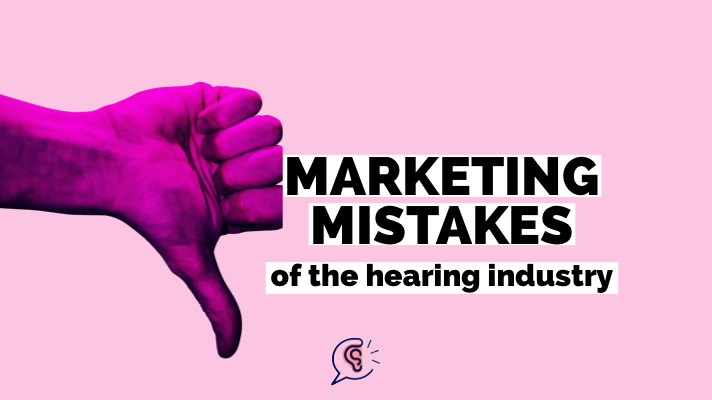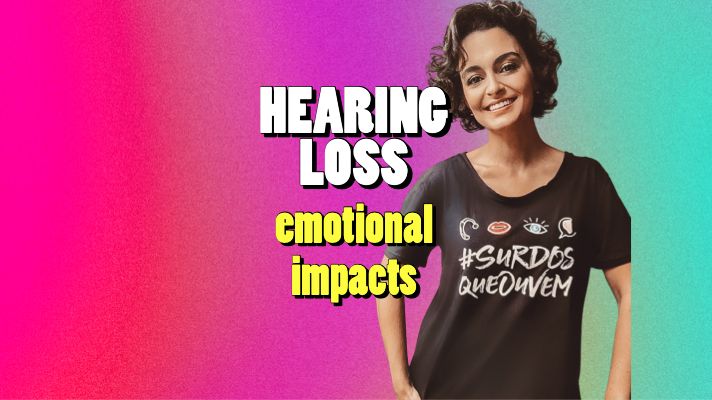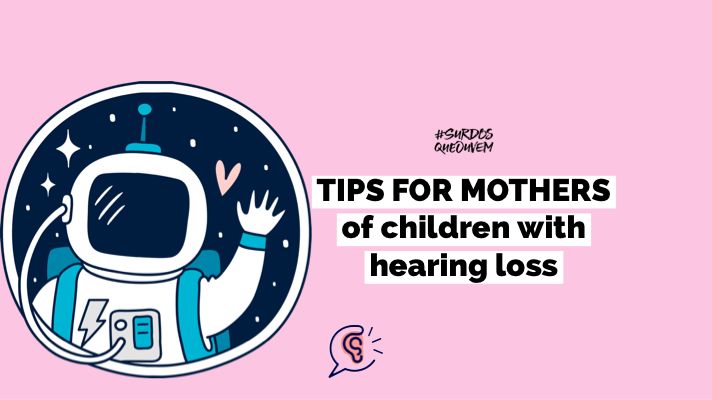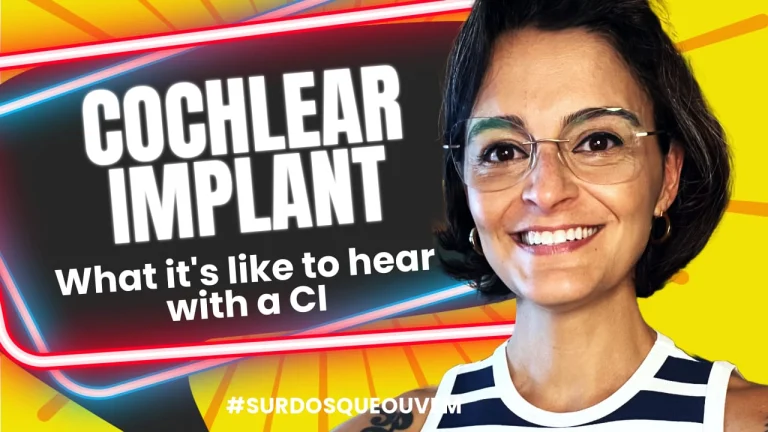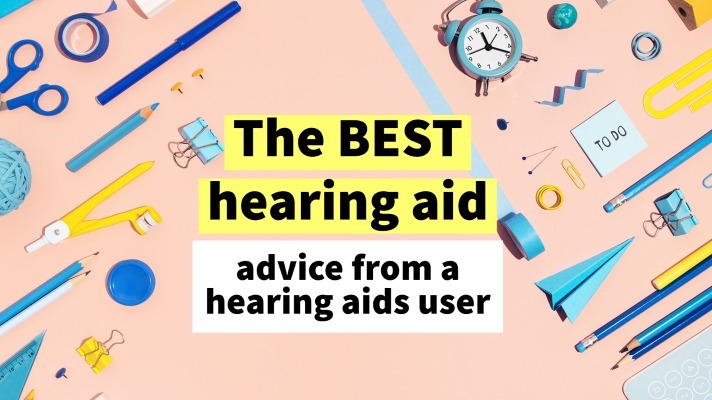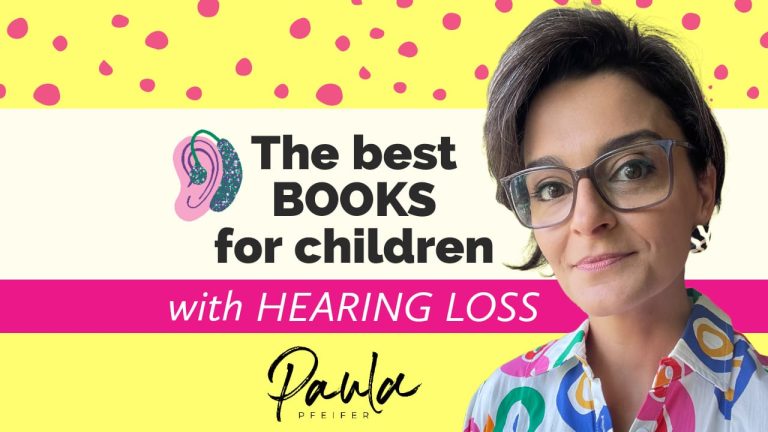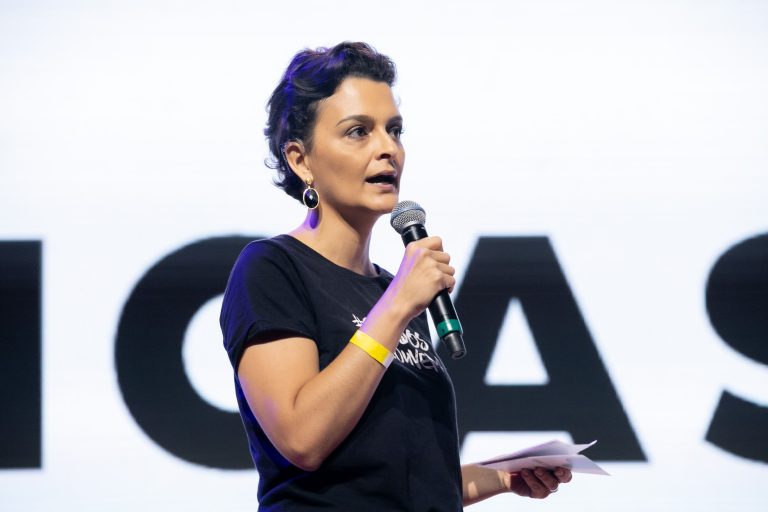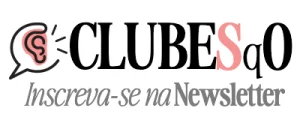Top 5 Marketing mistakes of the hearing industry
I’m a consumer of the hearing industry for decades. I’m 40. I lead the biggest online community of people with hearing loss in Latin America and I’m a member of the World Hearing Forum (WHO). I’ve experienced all degrees of hearing loss. Lots of hearing aids. And since 2013, I can hear though cochlear implants. I wrote some books about this theme. I won a global contest of community leaders from Facebook and they gave me access to a fund up to U$1 million to create and execute the “I am deaf but I can hear project”. This project aimed to raise awareness about hearing rehabilitation.
More than that, in the past 11 years I’ve received THOUSANDS of emails of people with hearing loss telling me awful stories about the hearing industry. From weird pressure to buy a device to sales teams lying to elders and people with lack of resources. Everything you can imagine. In Brazil, people look for me when they want to solve a problem with the hearing industry – I wish I would have power to help.
THE BUSINESS MODEL OF THE HEARING INDUSTRY
We are talking about a very old business model that protects everyone BUT the consumer. It’s ridiculous. We depend on hearing technologies to hear, but we are hostages to the hearing industry. The irony is: they don’t hear us and call us deaf!
We must pay for shame and fear. We must pay thousands of dollars for a small piece of plastic that lasts 2 years (maybe more if you take good care of it and don’t sweat). We must accept the rules. We must play this expensive game. Otherwise, we can’t listen. Come on: you can make it way much better! We need you. We want to listen!!
CI and HA brands change the devices without asking us about it, release new “super top models” every year and make things more and more expensive. They have teams working to make you believe that you NEED the super expensive upgrade, but, in 2022, they still didn’t release a way that allows us to be able to pay for our devices – they want the health coverage money, not ours. It’s sad. It makes me angry. Don’t you?
Millions of people have the same opinion but this industry keeps being deaf and blind to the consumer needs. We pray every night for the Warby Parker of hearing aids and cochlear implants!
I’m starting a series of articles in english to express my opinions about the hearing industry. Please don’t hesitate to share yours. All the content I’ve created since 2010 is in portuguese in this website. Drop me a note if you want to – I can communicate in english pretty well.
Don’t buy shame with gold
I dream about the day the hearing industry will stop using the words discreet and invisible. Shame of wearing hearing aids? Please, no! But let’s go straight to the point. Every human being living on Planet Earth is manipulated by propaganda.
It is not by chance we grow up believing in Omega 3 in industrialized products and vitamins and minerals in cookies. My generation grew up thinking that every deficiency would be cause for shame. I believed that. I spent the best part of my teenage years drenched in cold sweat, scared that anyone would discover I was deaf. That’s ridiculous.
Marketing and the hearing industry
I love Marketing and I read everything I can about the topic. I know it’s not a battle of products. Marketing is a battle of perceptions.
If an industry notices its clients are ashamed of something, nothing will be done to end it. On the contrary, the industry will increase its efforts to make this shame even greater, so that sales will go up. Bear in mind there are about twenty brands of hearing aidsin the world — all their basic models do basically the same thing, exactly like the intermediate and the higher models.
Did you ever take a moment to ask yourself what you think of each brand? Why do you think A, B, or C is better? What makes you think that? It’s a mix of advertising manipulation, opinions from other users, and your own opinion. We are all influenced by it, there’s no escape.
You will be conditioned to believe you need the most expensive machine, with more channels, the one that gives you a massage, translates Latin, says you’re fit, helps you listen, and is invisible. You should count yourself lucky to be helped by an honest professional who will show you what will actually help you and you can afford. If you are able to purchase the best, that’s great! After all, saddling a family with debt because of greed should send anyone straight to hell.
People seem to not understand why I tell them to do their research and seek information before they make a purchase and choose a hearing aid and a cochlear implant brand. Don’t ask me which one is best, which one you have to buy, or what I think. It’s up to you to form an opinion, to find out about things. Doing your own research is a lot of work.
I am deaf but I can hear…thanks to the hearing industry
I have a great debt to the hearing industry. It’s thanks to them I am a deaf person who can hear. However, I also think this industry has a great debt to us as well. It owes us what people like me and so many others relentlessly seek: making the burden of deafness lighter. And I think this is absolutely doable, as long as the marketing departments actually pay attention to us, the people who use their products. And they should pay attention to us ASAP.
At this moment, ads and investments still aim at making shame eternal. This is unacceptable.
I believe companies have a social responsibility
I cannot accept what they say: “Paula, this is what people ask of us! They are ashamed, they want to be discreet!”
Nobody buys a transparent wheelchair or a colorless cane. It would be best to take inspiration from the eyesight industry? They make amazing glasses. Glasses that are colorful and draw attention to themselves. The eyesight industry is smart. They make people fall in love with the idea of showing off their products, wanting every model. The hearing industry, on the other hand, is selling beige hearing aids and blaming the patients…
I’m serious. You have no idea how many emails I have from deaf people thanking me for having freed them for the mental prison that is the shame of wearing hearing aids or a cochlear implant. I have hundreds of them. To me, this is evidence of the responsibility brands have towards us.
I know I’m a pain in the ass. I don’t like being discreet. I thing hearing aids should be glamorous. That’s it. I want to be deeply proud of this industry. I want to see an ad for HAs or CIs and think “That’s so cool!” instead of “PLEASE NO.”
I want to go to a company booth at a congress and think, “these people are real innovators,” “now that’s a different campaign,” “what an insight,” or “these HAs look like jewelry.”
Deaf consumers are 1,5 billion people
According to WHO in 2021, there are 1,5 billion people in the world with some degree of hearing loss. I’ts a multi billion dollar industry, but they’re doing it wrong…for decades!
Try to think of stores, people, and brands who target deaf people. Now try to imagine a waiting room with a TV without closed captions. Contact by phone instead of email. No WhatsApp. An Olympic sport called Finding Out How Much Your Hearing Aid Will Cost. A paralympic sport consisting in getting the biggest discount in an accessory by walking around the city.
You may think this can’t be true. A few weeks ago I asked on my Facebook page if anyone knew any good, inexpensive HA for deep loss, and the answers I got from audiologists were “let’s talk in private.” Forgive me, but when anyone can do a printscreen, it is wrong to talk privately.
Don’t buy shame with gold
But I digress. I have to insist that the industry needs to stop charging so much for the shame being sold. I would rather buy pride, not shame, and for a decent price. Why would you hide something that costs $1,500, $3,000, or even $5,000? Would you purchase a $50,000 car so nobody would notice? Really?
I want to enter a HA store (and their website too) and see colorful options, with animal prints, flower patterns, stars, clouds, cartoon characters. I want stickers as a gift, not a box of desiccant. I want my audiologist to tell me I look amazing with my colorful implant, not that it’s so discreet no one will notice.
My husband and I were having lunch at a restaurant and he told me, “You should see the look on people’s faces when they see your implants with all these colorful stones.” I get so happy I’m jumping for joy inside. This is the feeling I want to inspire: curiosity about difference. Soon this becomes acceptance. And later this feeling spreads in such a beautiful way it gives you goosebumps.
One particular case meant a lot to me. There was a patient at SONORA (my husband’s clinic, he’s an ENT surgeon) to whom a CI had been recommended. She wanted to talk to me and told me, “That’s gigantic. I care a lot about my looks, I don’t want anyone to see me with that ugly gadget.”
I told her that gadget allowed me to listen, and that I would wear it even if it were ten times bigger. Months later, with her implant in place and good hearing, she told me, “I adopted a short haircut because now I want everyone to see my implant and come talk to me about it.” I had to contain a small tear…
You’re not just deaf
You’re a consumer, you’re paying for the hearing loss industry.
And that includes the people who got their devices from the government, because the government buys those devices with our tax money. Nothing is free. And you’re responsible. When you hear something is invisible and discreet, you should start laughing like a lunatic.
Then you should ask, “Why would I buy anything like that?” Only people who are ashamed of themselves would have that attitude. Hearing loss is not a character flaw. Everybody is coming out of their closets. Why should you purchase a millionaire closet and pay for it in twelve installments? So you can lock yourself in it?
Hearing aids cochlear implants: let’s show them!
Put them on evidence. They’re expensive. They’re powerful. They can make you listen, they can give you self-confidence. They can take you to the world of sound. Showing them will end the stigma, end prejudice, and inspire people to seek rehab and have a much, much better life.
ANY QUESTIONS?
Paula Pfeifer is a brazilian writer. Two of her books about hearing loss, hearing aids and cochlear implants can be found in english and spanish in Kindle.
Support Paula Pfeifer’s work. She is a hearing rehabilitation activist in Brazil and she is deaf herself – two cochlear implants.

